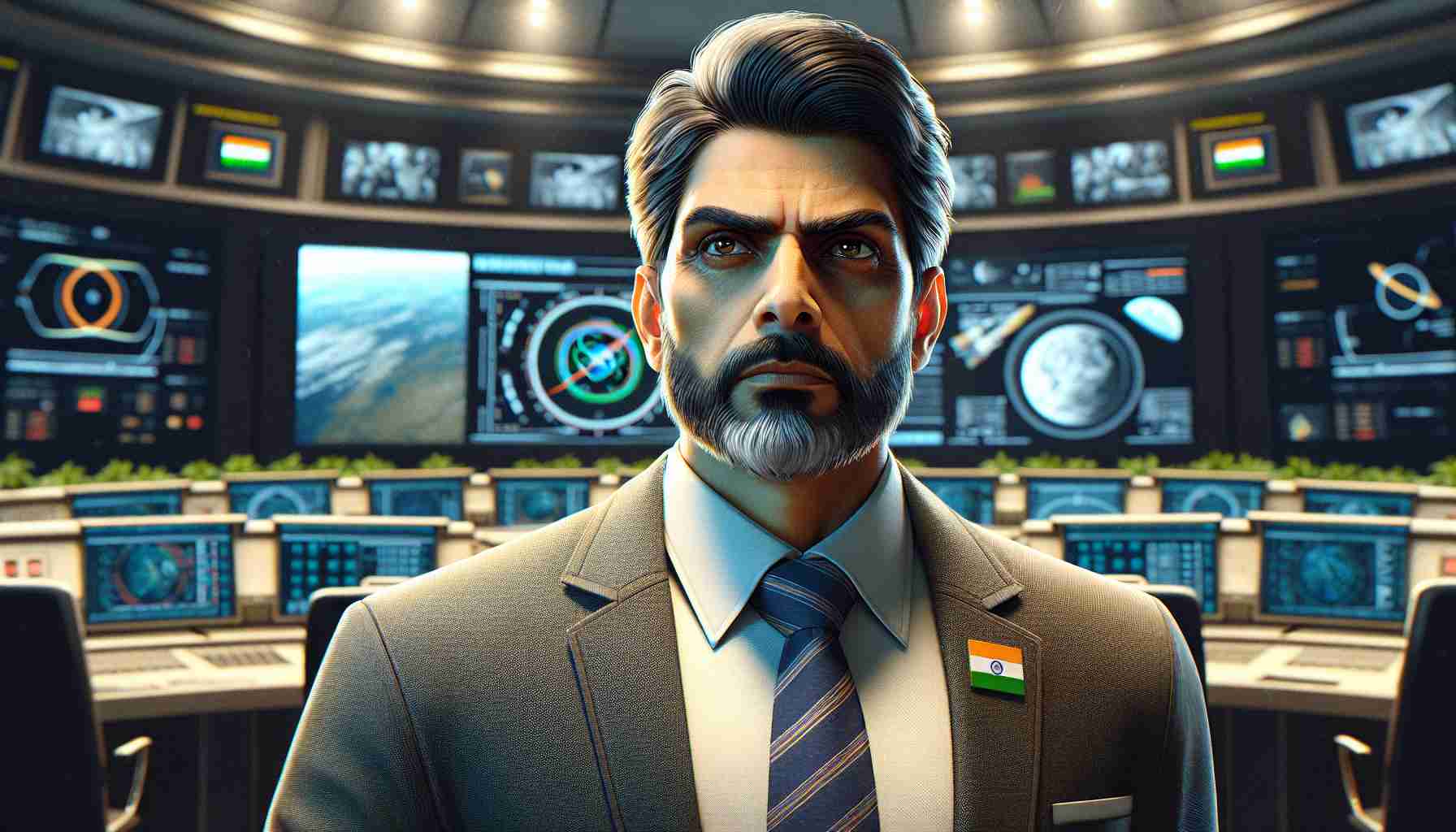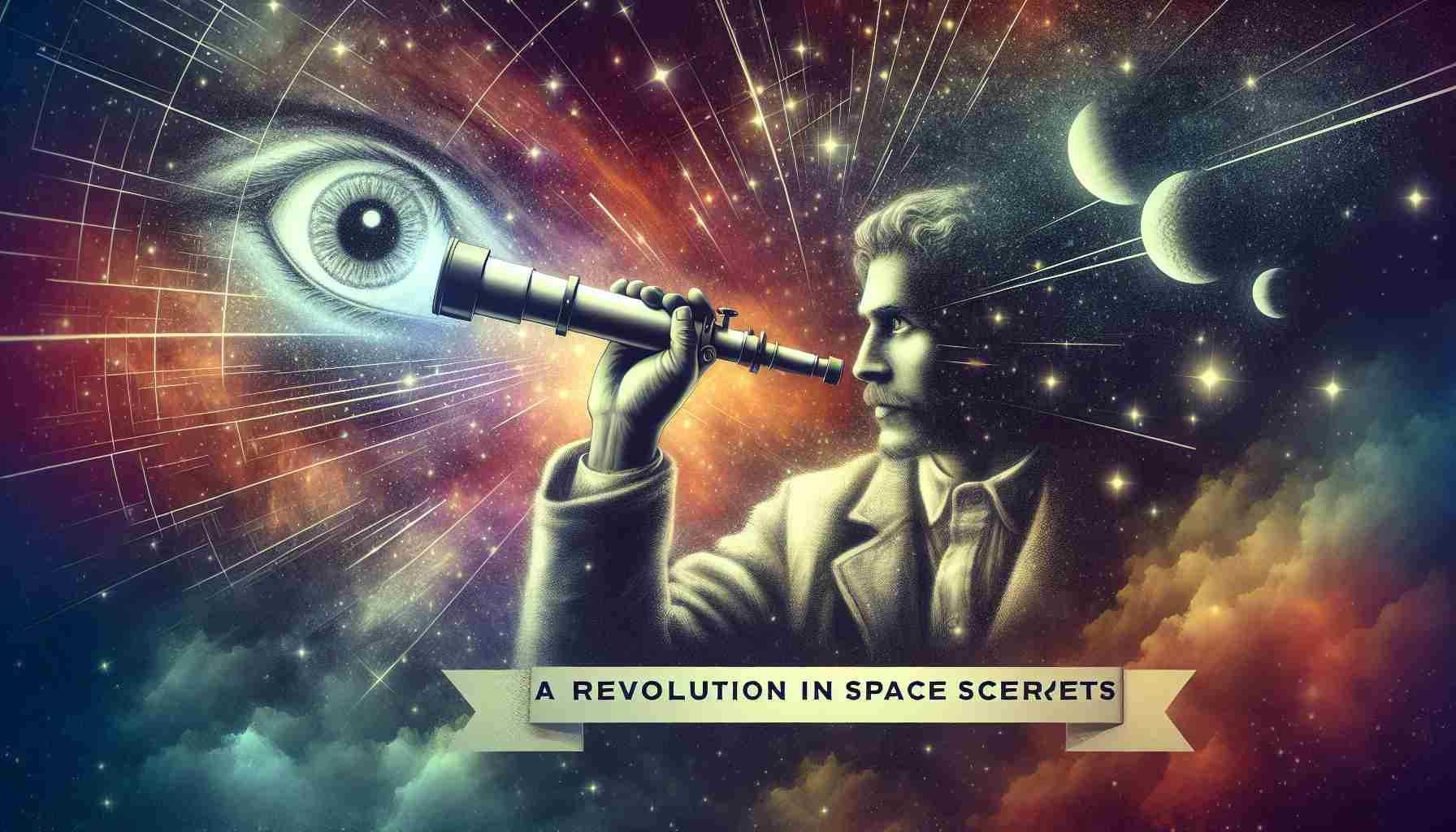Bengaluru: A significant transition is underway at India’s premier space agency as V Narayanan steps into the role of chairman of ISRO, succeeding S Somanath. On January 13, 2025, Narayanan accepted multiple key positions including Secretary of the Department of Space, Chairman of the Space Commission, and ISRO Chairman.
Previously, Narayanan led the Liquid Propulsion Systems Centre (LPSC), a crucial branch focused on the innovation of propulsion systems for both launch vehicles and spacecraft. His impressive leadership extended to heading the National Level Human Rated Certification Board (HRCB), which oversees India’s seminal human spaceflight initiative, Gaganyaan.
Narayanan, who became part of ISRO in 1984, has been instrumental in advancing India’s space exploration efforts over the years. In 2018, he was appointed Director of LPSC, earning accolades for his expertise in rocket propulsion technologies.
Emerging from modest beginnings, Narayanan is a proud alumnus of IIT Kharagpur. He earned both his M.Tech in Cryogenic Engineering and a PhD in Aerospace Engineering there, showcasing his academic prowess. His impressive achievements include being awarded the Silver Medal for achieving first rank during his M.Tech studies.
As ISRO embarks on new endeavors under Narayanan’s leadership, the future of India’s space exploration looks promising.
Leadership Transition at ISRO: A New Era for Space Exploration
The Indian Space Research Organisation (ISRO) is poised for a significant transformation with the appointment of V Narayanan as its new chairman, succeeding S Somanath. This change in leadership marks a pivotal moment in India’s space agency, evidencing an ongoing commitment to advancing space exploration and technology.
Narayanan’s extensive background, particularly in propulsion systems through his leadership at the Liquid Propulsion Systems Centre (LPSC), informs a promising trajectory for India’s ambitions in space. As the head of key initiatives like the human spaceflight program, Gaganyaan, Narayanan’s vision could catalyze advancements in not only scientific research but also in technological applications that have far-reaching implications for humanity.
The impact of space exploration transcends the physical boundaries of our planet. The work conducted by ISRO not only enhances India’s stature in the global arena but also contributes significantly to crucial global concerns such as climate change and resource management. Satellite technology developed under Narayanan’s guidance will likely provide valuable data for monitoring environmental changes, assessing natural disasters, and managing sustainable resource utilization.
Moreover, advancements in rocket propulsion technologies can lead to more cost-effective launches, expanding access to space for international partnerships and commercial endeavors. The burgeoning space economy, projected to grow exponentially in the coming decades, offers potential economic benefits through job creation, technological innovation, and enhanced education in STEM (science, technology, engineering, mathematics) fields.
The future of humanity is intricately linked to advancements in space exploration. As we face pressing challenges like overpopulation, resource scarcity, and environmental degradation, the exploration of outer space presents avenues for not only scientific discovery but also the potential for finding alternative habitats or resources beyond Earth. Initiatives led by ISRO under Narayanan’s leadership may play a crucial role in making these explorative leaps.
In conclusion, the appointment of V Narayanan heralds a new chapter in ISRO’s storied history, with implications that ripple beyond the scope of Earth. As we gaze toward the stars, it is clear that Indian space exploration will be at the forefront of addressing both today’s global challenges and the aspirations of future generations. The synergy between space technology and terrestrial applications promises not just to enhance human understanding of the universe but to improve the quality of life on our own planet as well.
The Future of India’s Space Exploration: ISRO Welcomes New Leadership
A New Era at ISRO
Bengaluru has officially marked a significant transition within the Indian Space Research Organisation (ISRO) as V Narayanan takes the helm as the new chairman, succeeding S Somanath. This change, effective from January 13, 2025, also sees Narayanan appointed as Secretary of the Department of Space and Chairman of the Space Commission. His experience and leadership promise to steer ISRO into a new phase of exploration and innovation.
Narayanan’s Distinguished Career
With a storied career starting in 1984, Narayanan has been at the forefront of numerous pivotal projects within ISRO. His leadership role at the Liquid Propulsion Systems Centre (LPSC) has been particularly noteworthy, where he focused on developing state-of-the-art propulsion systems crucial for both launch vehicles and spacecraft. Additionally, Narayanan’s contributions as the head of the National Level Human Rated Certification Board (HRCB) have been instrumental in advancing India’s ambitious Gaganyaan human spaceflight initiative.
Academic Background
Narayanan’s academic credentials bolster his role in ISRO. An alumnus of IIT Kharagpur, he holds both an M.Tech in Cryogenic Engineering and a PhD in Aerospace Engineering. His academic excellence was recognized early on when he received the Silver Medal for achieving the first rank during his M.Tech studies. This foundation has undoubtedly influenced his contributions to advanced rocket propulsion technologies.
Vision for the Future
As ISRO enters this new chapter under Narayanan’s leadership, several key focus areas emerge:
– Continued Innovation: Narayanan’s extensive experience with propulsion systems may lead to breakthroughs in rocket technology, crucial for future missions.
– Human Spaceflight: With the Gaganyaan mission on the horizon, Narayanan’s leadership at HRCB positions him to enhance India’s capabilities in human space exploration.
– International Collaboration: Building upon ISRO’s reputation for successful international partnerships, Narayanan is expected to foster collaborations that could lead to shared missions and advancements in space technology.
Pros and Cons of the Transition
Pros:
– Extensive experience in advanced rocket propulsion.
– Strong background in managing high-stakes space missions.
– Visionary leadership that may attract international partnerships.
Cons:
– Transition periods can often lead to temporary slowdowns in ongoing projects.
– High expectations may place pressure on new leadership to deliver rapid results.
Emerging Trends in Space Exploration
The global landscape of space exploration is rapidly evolving, with a growing emphasis on sustainability and new technologies. Under Narayanan’s stewardship, ISRO may explore:
– Sustainable Space Practices: Initiatives aimed at reducing space debris and promoting sustainable missions.
– Commercial Spaceflight: Enhancing ties with private companies to innovate and invest in space resources.
– Advanced Robotics: Addressing complex challenges in space missions through enhanced robotics and AI.
Conclusion
With V Narayanan at ISRO’s helm, the organization is poised to tackle the next wave of challenges in space exploration. His extensive experience, academic foundation, and vision for innovation and sustainability will play a pivotal role in shaping India’s future endeavors in space. The upcoming years promise to be an exciting period for ISRO and its contributions to the global space community.
For more information on India’s space initiatives, visit ISRO.













